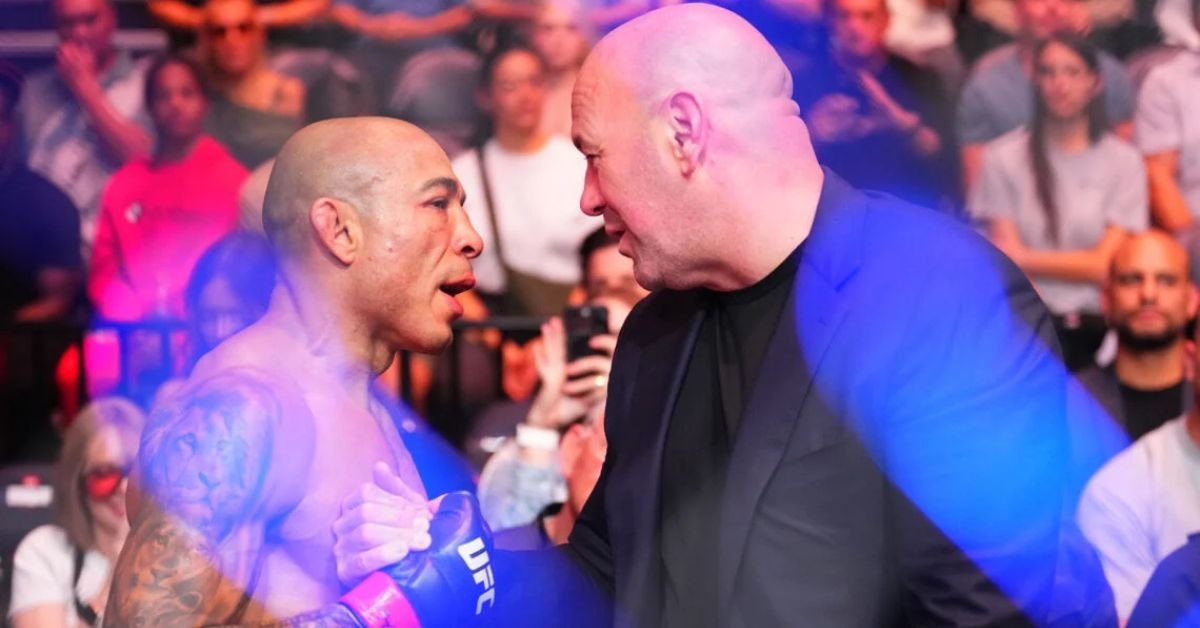There has been a significant outpouring of discontent regarding the judging standards at UFC 307, particularly after remarks made by Dana White, the UFC president. Many fans and analysts are still grappling with the ramifications of his fiery critique, especially following controversial decisions that affected key fighters like José Aldo and Carla Esparza.
During the event, Alex Pereira successfully defended his light-heavyweight title by dominating Khalil Rountree, yet the biggest headlines were generated by the decisions given to Aldo and Esparza, both of whom faced defeats that raised eyebrows among fans and commentators alike. White took to the press to express his outrage, categorising the judging as “atrocious” and likening the experience to being at a boxing match in Ireland, implying a level of futility that has often been associated with judging issues in boxing.
When asked specifically about the judgement received by Esparza in her match against Tecia Pennington, White doubled down on his remarks, reiterating how poor the judging was that night. You could sense his frustration as he reflected on the referee’s role, highlighting their responsibility to maintain an active approach and prevent stalling tactics that contribute to a lack of action in the cage.
White’s condemnation extended to Aldo’s fight against Mario Bautista, where tactics employed by Bautista left many spectators questioning the fairness of the scorecards. According to White, effective strategy should not involve a fighter simply engaging in stalling, which undermines the spirit of the competition. “If you’re not trying to fight, how do you win the fight?” he asked, pushing you to consider the implications of such a mindset in mixed martial arts.
While Esparza is reportedly considering retirement at the age of 36, following what could be seen as a heartbreaking result, Aldo plans to continue his career despite the devastating loss. The fallout from the event is not only affecting the fighters but has ignited a broader conversation about whether the judging system and refereeing in the UFC are adequately serving the sport’s integrity.
Even Conor McGregor, a notable figure in MMA, weighed in, calling the decisions “dirt” and asserting that the referees are failing to uphold their duties. He suggested that consistent stalling should incur penalties, adding, “each time they end back there the clock goes shorter,” putting more pressure on fighters to engage actively. This reaction indicates that you are not the only one frustrated by recent performances in officiating.
As UFC and boxing continue to evolve, the scrutiny over each event’s judging processes grows more intense. White’s explosive rant has sparked a vital discussion about how to improve standards, ensuring that the fighters and their efforts receive the recognition they deserve. Keeping the integrity of the sport alive is paramount, and you can expect this debate to persist long after the fallout from UFC 307.







